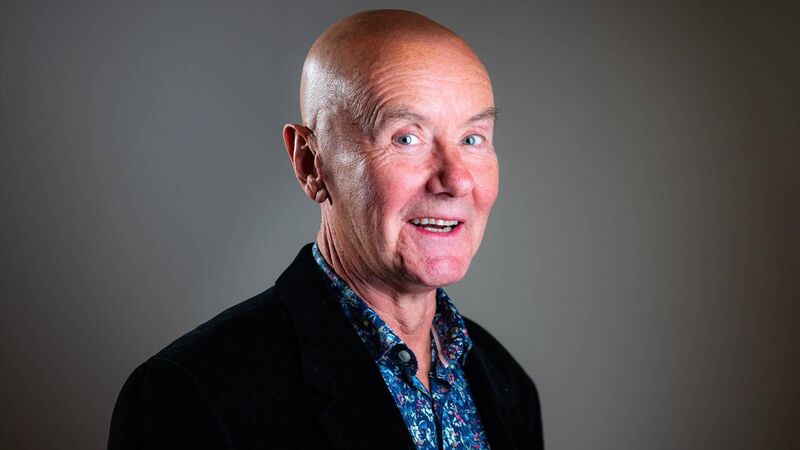Irvine Welsh: 'I'm doing a biopic of James Connolly and his early years'

Irvine Welsh at the premiere of autobiographical documentary Reality is Not Enough.
Irvine Welsh came to fame when his tale of Edinburgh drug addicts became a pop culture phenomenon in 1993, and is now turning his attention to one of Ireland’s great revolutionary heroes.
"I'm doing a biopic of James Connolly and his early years," says the author of the Scottish-born hero of 1916. "It will include his time as the Hibs kit boy in the Cowgate [street in Edinburgh known as Little Ireland] as well as his time in America and Ireland. It's such a great story and he's a fascinating character."




